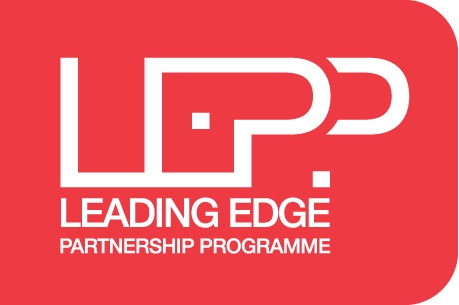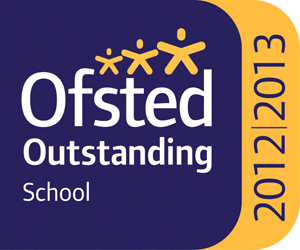A-level Business and Economics
A Level Business (AQA – 100% exam based assessment)
A Level Business students will develop the knowledge and skills needed to analyse data, think critically about issues and make informed decisions – all skills that are needed for further study and employment. As such this A Level provides students with a solid foundation upon which to build their future professional and academic careers.
Students of this course should study business in a variety of contexts (eg large/small, UK focused/global, service/manufacturing) and consider:
- the importance of the context of business in relation to decision making
- the interrelated nature of business activities and how they affect competitiveness
- the competitive environment and the markets in which businesses operate
- the influences on functional decisions and plans including ethical and environmental issues
- the factors that might determine whether a decision is successful eg the quality of data and the degree of uncertainty
- how technology is changing the way decisions are made and how businesses operate and compete
- the impact on stakeholders of functional decisions and their response to such decisions
- use of non-quantitative and quantitative data in decision making (including the interpretation of index numbers and calculations such as ratios and percentages).
CTEC Extended Diploma in Business (combination of exam based assessment and coursework)
The Extended Diploma in Business is equivalent to three A Levels and so takes up 15 lessons per week. The course will develop students’ core skills and understanding of the requirements of the business sector. Students gain hands-on experience and have the opportunity to focus on specific topics such as;
- Human Resources
- Marketing
- Customer and Communication
- Economics for Business
- Accounting
- Business Planning
- Project Management
A Level Economics (Edexcel – 100% exam based assessment)
A Level Economics students will build knowledge and understanding of core economic models across both micro and macroeconomics and concepts in Year 12, and then build on this and apply their knowledge to more complex concepts and models in Year 13. Students will need to learn how to apply their knowledge and understanding to both familiar and unfamiliar contexts and be able to demonstrate an awareness of current economic and political events and policies. Economics is a social science and links well with subjects like Politics, Sociology, Psychology, Philosophy and Law. As such, it is best suited to those students who have a genuine interest in current affairs and are interested in better understanding how society and the world around them works.
The aims and objectives of the Economics A Level are to enable students to:
- develop an interest in, and enthusiasm for, the subject
- appreciate the contribution of economics to the understanding of the wider economic and social environment
- develop an understanding of a range of concepts and an ability to use those concepts in a variety of different contexts
- use an enquiring, critical and thoughtful approach to the study of economics and develop an ability to think as an economist
- understand that economic behaviour can be studied from a range of perspectives
- develop analytical and quantitative skills, together with qualities and attitudes that will equip them for the challenges, opportunities and responsibilities of adult and working life.













